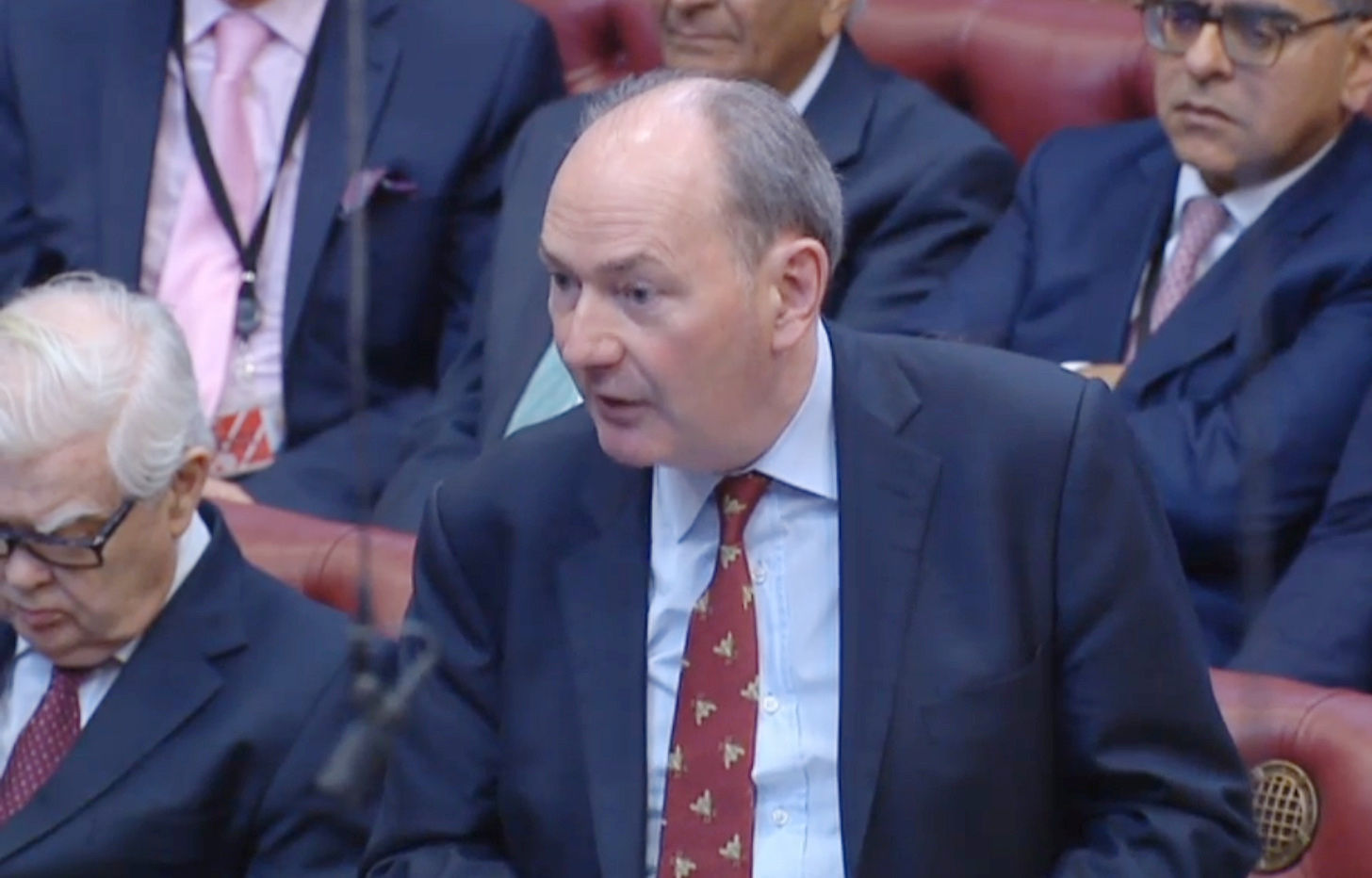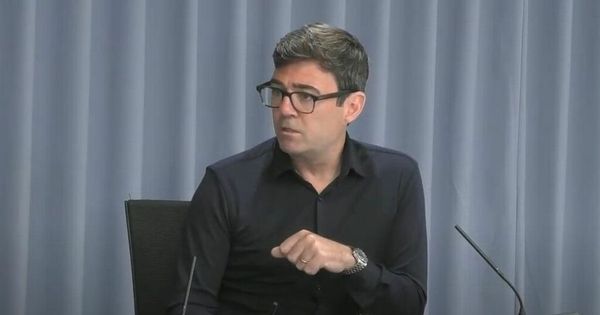
THE contaminated blood scandal inquiry is to hear evidence this month from a number of high-profile former senior Scottish officials.
Lord Michael Forsyth and Lord John Reid, who both served as Secretary of State for Scotland, are among the witnesses scheduled to appear in July.
Ex-Scottish Government health ministers Malcolm Chisholm and Susan Deacon will also be giving evidence.
The infection of up to 30,000 people with HIV or hepatitis C from contaminated blood has been called the biggest treatment disaster in the history of the NHS.
Thousands died after contaminated blood products were imported from the US in the 1970s and 1980s, often from prisoners, sex workers and drug addicts who were paid to give their blood.
The next round of hearings will begin on Tuesday with Duncan MacNiven, assistant secretary at the Scottish Home and Health Department between 1986 and 1990.
Forsyth, who was Secretary of State for Scotland between 1995 and 1997, will appear the next day followed on Thursday by Reid, who was Secretary of State for Health between 2003-2005 and Secretary of State for Scotland from 1999-2001.
The following week, evidence will be given by former deputy and acting Chief Medical Officer for Scotland Professor Aileen Keel, with Chisholm and Deacon also taking part in the hearings.
The UK-wide public inquiry, which is chaired by former judge Sir Brian Langstaff, started taking evidence in April 2019 and is expected to publish its final report in mid-2023.
Victims have long believed the extent of the contamination scandal was covered up.
The public inquiry into the scandal started taking evidence in April 2019 with hearings in Belfast, Leeds, Cardiff, Edinburgh and London.
It is expected to publish its final report in mid-2023.
Questions have been asked about what the government knew about the risks of the blood treatments, and whether patients were given sufficient warning.
Former Labour health secretary Andy Burnham told the inquiry on Friday he believed the response to the issue infected blood was primary driven by a “fear of financial exposure” that was “embedded deep within the Civil Service psyche” over a number of decades.
In a statement which prompted a round of applause, he said all of the responses were drafted with that primarily in mind and not the needs of people who “through absolutely no fault of their own, had their lives utterly ruined”.
He added: “In fact, if you look through all the paperwork and the letters there is very little reference to that. Instead it is always this - I think this kind of sense that any lines that veer into that issue and could open up the Government on this issue (of financial exposure) are problematic.
“I think that explains to me why the UK Government has comprehensively failed the victims of infected blood, I would say, over five decades and that is hopefully what your inquiry may finally correct.”










